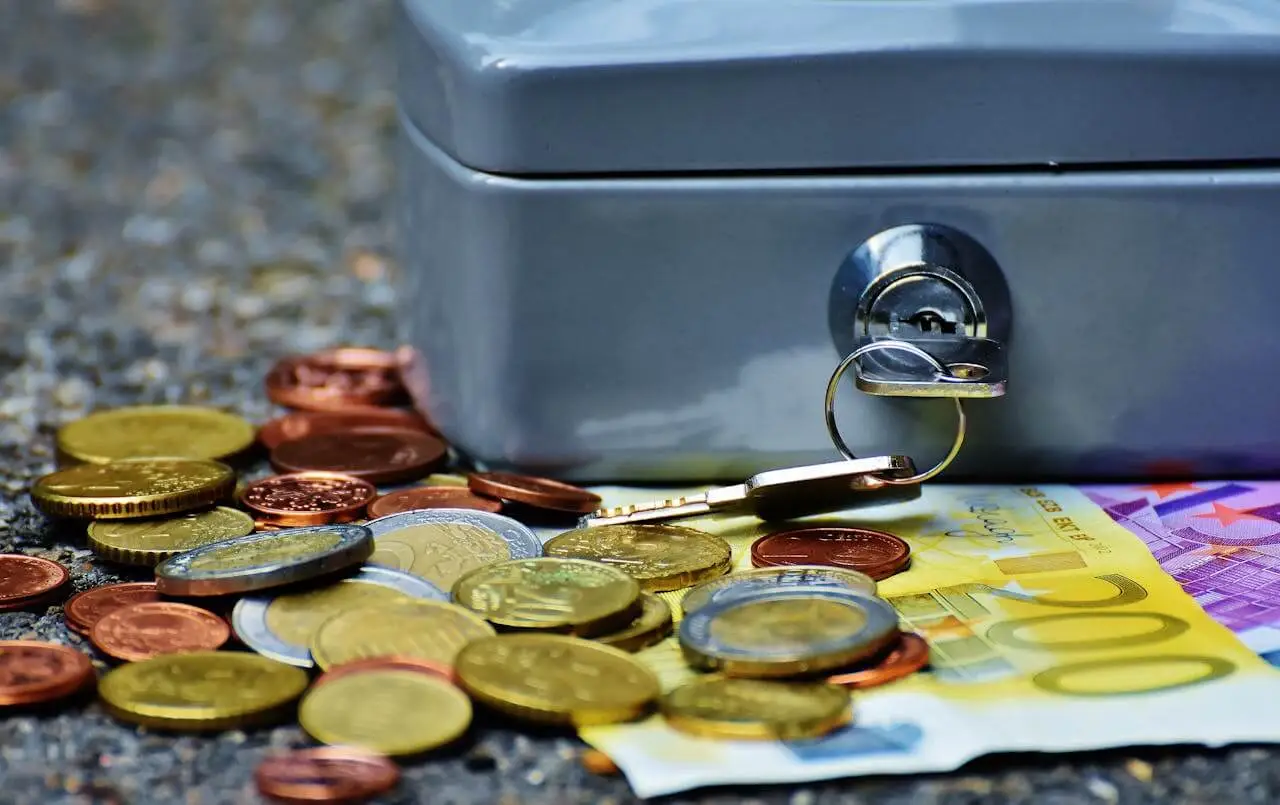If a traditional or even high yield savings account does not meet your needs, there are many options for saving your money that don’t include investing it.
For example, a Certificate of Deposit, also known as a CD, is a type of savings account with fixed rates, term lengths, and withdrawal dates. This type of account could be an option if you want higher rates and do not need to access your money prior to the term length.
What is a Certificate of Deposit?
A Certificate of Deposit, also known as a CD, is a type of savings account with a fixed rate, fixed term length, and fixed withdrawal date.
This fixed date of withdrawal is also known as the maturity date. They traditionally have higher rates than traditional savings accounts. To account for this higher rate, the money in a CD is held there for a certain term or period of time. Due to this, you don’t have easy access to your money.
What’s the Difference Between a Certificate of Deposit and A Regular Savings Account?
The best way to understand a CD is to understand how it differs from a traditional savings account and what makes a CD unique.
CDs can have higher interest rates than traditional savings accounts. Like savings accounts, though, they are federally insured and are a very low-risk place to keep your money.
Traditional savings accounts and high yield savings accounts have rates that can change over time. One day you might have one rate, and the next, it could change. In a CD, though, the rate you have when you make the account is the rate that it will be for the entire period.
In a traditional savings account, you can access your money when needed. A Certificate of Deposit does not have this option.
You:
- can withdraw your money in a CD after the term date ends with no penalty.
- could potentially withdraw your money early, but there will be a penalty.
- have around a week to withdraw your funds when your term period ends.
If you don’t, the CD may automatically renew for the same terms you’ve had before.
For CDs, the average rate for a 5-year CD is around 0.27% compared to a traditional savings account with an average rate of 0.06%. In a high yield savings account, you can potentially get a rate as high as 2%.
Things to Consider When Looking for a Certificate of Deposit
When you are searching for a CD, there are a few key areas to consider.
First, always find out the minimum required to open an account, the interest rate, term length, and withdrawal process.
Most banks will have a CD account you can open, and most have a specific amount required to open this account. It can be anywhere from $1,000 to $2,500. If you only have a set amount for this account, it might be better to go with the lower option.
Different banks will have different term lengths that you can choose. The interest rate you will get for your term length usually depends on your term length.
Some banks allow you to open a CD for as little as one month up to 10 years.
If you:
- choose to keep your money in a CD for one month, you’ll get a lower interest rate at 0.03%
- do up to 10 years in a CD, you’ll get a higher interest rate at 0.75%
- know you want to get the highest interest rate, then doing the longest term length is ideal.
Pros
CDs are a great option if you want a guaranteed interest rate at very low risk.
You will know your interest rate when you open this account, and it will not change until the term date has ended. So you will always know you will have a consistent rate.
Another benefit of a CD is that your money will be saved in a safe place. Since there are term limits, you cannot withdraw this money at any time. It’s great if you want to save money for a specific long-term financial goal and know you will not need this money for a set period.
If having this money in a traditional savings account is tempting for you, a CD will guarantee you do not touch this money until the term date has ended.
Cons
While a CD is a safe place to store your money and you will have a stable interest rate, you may get stuck with a lower interest rate CD depending on when you open the account. This is because your account won’t have the fluctuation of traditional savings accounts, but it also won’t increase, resulting in less money.
Another drawback of a CD is that the money in this account is not as liquid as in other savings accounts. You cannot touch your money for a certain amount of time, so if you need this money for short-term goals, then you should reconsider opening up this account.
Is a Certificate of Deposit Right For You?
A Certificate of Deposit is a great savings account that will give you a consistent interest rate.
It’s a great option for longer short-term financial goals where you don’t need to access that money quickly. All banks will have different term lengths and interest rates. If you know you want to keep your money in a CD for ten years, you will want to find a bank that offers the highest interest rate.
Look at your financial goals to decide if a longer-term or shorter-term CD is the best option.



